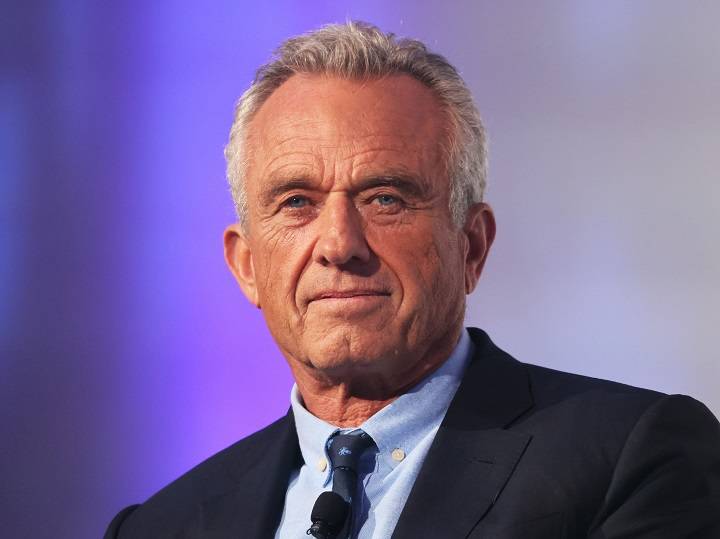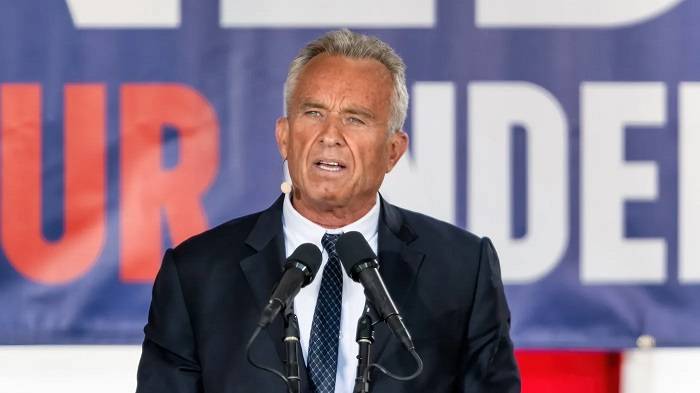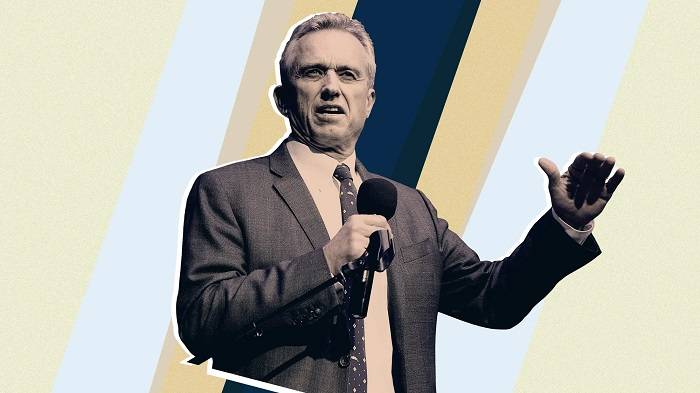Robert F. Kennedy Jr. (RFK Jr.), a name that carries a rich legacy in American politics, has become a prominent figure in contemporary discourse for his advocacy on various issues, ranging from environmentalism to public health. Born into the Kennedy dynasty, RFK Jr. has carved his own path, driven by a commitment to justice, transparency, and the well-being of the public. In this blog post, we will explore RFK Jr.’s life, his strategies, performance, and the benefits he advocates for, offering a comprehensive guide to understanding his impact on American society and politics.
Age and Early Life
Robert F. Kennedy Jr. was born on January 17, 1954, in Washington, D.C., making him 70 years old as of 2024. He is the third of eleven children born to Senator Robert F. Kennedy and Ethel Kennedy. His upbringing was marked by both privilege and tragedy. As a member of the Kennedy family, RFK Jr. was exposed to a life of political engagement and public service from an early age. The assassination of his uncle, President John F. Kennedy, in 1963, and his father, Senator Robert F. Kennedy, in 1968, profoundly impacted him, shaping his commitment to justice and public advocacy.
RFK Jr. attended several prestigious educational institutions, including Harvard University and the University of Virginia School of Law. His early career was marked by a strong commitment to environmental law and activism, a passion that continues to define much of his work today.
Strategies and Advocacy
RFK Jr. has employed a range of strategies throughout his career to advocate for the causes he believes in. His work can be broadly categorized into environmental advocacy, public health, and political activism.
- Environmental Advocacy:
RFK Jr. is perhaps best known for his work as an environmental lawyer and activist. He has been a staunch advocate for the protection of natural resources and the environment, often taking on powerful corporations and governmental bodies. His strategies in this arena include litigation, public speaking, and grassroots organizing. As an attorney for the Natural Resources Defense Council (NRDC) and co-founder of the Waterkeeper Alliance, RFK Jr. has led numerous successful legal battles against polluters, emphasizing the need for clean water and sustainable environmental practices. - Public Health Advocacy:
RFK Jr.’s involvement in public health has been both controversial and influential. He has raised concerns about vaccine safety, the influence of pharmaceutical companies on public policy, and the need for greater transparency in medical research. While his views on vaccines have drawn criticism from some quarters, his advocacy for medical freedom and informed consent has resonated with many who are wary of governmental and corporate overreach. His strategy here often involves leveraging scientific studies, engaging with the media, and mobilizing grassroots movements to challenge the status quo. - Political Activism:
Beyond his work in environmental and public health advocacy, RFK Jr. has been a vocal critic of corruption and a proponent of civil liberties. He has frequently spoken out against what he perceives as the erosion of democratic principles in the United States. His strategies include public speaking, writing, and participating in political movements that align with his values. His run for the presidency in 2024 as a Democratic candidate underscores his commitment to influencing policy from within the political system.
Performance and Impact
Evaluating RFK Jr.’s performance requires an understanding of both his successes and the controversies surrounding his career.
- Environmental Successes:
RFK Jr.’s environmental work has been widely recognized and celebrated. He has played a crucial role in numerous legal victories that have protected waterways, reduced pollution, and held corporations accountable for environmental damage. His leadership in the Waterkeeper Alliance has helped empower local communities to protect their water resources, making significant contributions to environmental justice and sustainability. - Controversial Stance on Vaccines:
RFK Jr.’s stance on vaccines has been a focal point of his public health advocacy and a source of significant controversy. While he argues that his position is about ensuring vaccine safety and promoting informed consent, critics accuse him of spreading misinformation. Despite this, RFK Jr. has garnered substantial support from individuals and groups advocating for medical freedom, highlighting the complexity of his impact in this area. - Political Candidacy:
RFK Jr.’s decision to run for president in 2024 reflects his desire to influence national policy on a broader scale. His campaign has focused on issues such as environmental protection, civil liberties, and government accountability. His performance in this arena remains to be fully seen, but his candidacy has already sparked important conversations about these critical issues.
Benefits of RFK Jr.’s Advocacy
The benefits of RFK Jr.’s work are multifaceted and reflect his diverse areas of advocacy. Here are some key benefits:
- Environmental Protection:
RFK Jr.’s relentless advocacy for clean water and sustainable environmental practices has led to tangible benefits for communities across the United States and beyond. His efforts have helped to preserve natural habitats, reduce pollution, and promote policies that prioritize environmental health. - Public Awareness and Transparency:
Through his work in public health and environmentalism, RFK Jr. has played a critical role in raising public awareness about the importance of transparency and accountability. His advocacy has encouraged a more informed and engaged citizenry, particularly on issues that affect public health and the environment. - Empowerment of Grassroots Movements:
One of the hallmarks of RFK Jr.’s career has been his ability to empower local communities and grassroots movements. Whether through environmental activism or public health advocacy, he has consistently worked to amplify the voices of those who are often marginalized or ignored in mainstream policy discussions. - Promotion of Civil Liberties:
RFK Jr.’s commitment to civil liberties has underscored his broader advocacy work. He has been a vocal advocate for protecting individual rights and freedoms, particularly in the face of governmental and corporate overreach. His efforts have contributed to ongoing debates about the balance between public safety and individual freedoms.
Challenges and Criticisms
While RFK Jr.’s work has had many benefits, it has not been without challenges and criticisms. His views on vaccines, in particular, have drawn significant backlash from public health officials and many in the medical community. Some argue that his stance has contributed to vaccine hesitancy, potentially undermining public health efforts.
Moreover, his approach to advocacy, which often involves legal battles and public confrontation, has sometimes been criticized as combative or polarizing. Despite these criticisms, RFK Jr. remains a steadfast advocate for his beliefs, emphasizing the importance of questioning authority and advocating for transparency.
Related Post:
A Comprehensive Guide to George W. Bush
Robert F. Kennedy Jr.’s life and work reflect a deep commitment to justice, public health, and environmental stewardship. At 70 years old, his strategies, performance, and advocacy continue to influence public discourse and policy. While his career has been marked by both praise and controversy, the benefits of his work in raising awareness, promoting transparency, and empowering grassroots movements are undeniable. As RFK Jr. continues his journey, his legacy will likely be one of passionate advocacy for the causes he believes in, shaped by a determination to effect change in a complex and often contentious world.
Whether one agrees with his positions or not, understanding RFK Jr.’s contributions is essential for those interested in the intersections of environmentalism, public health, and political activism in contemporary America. His story is a testament to the enduring influence of the Kennedy legacy and the ongoing fight for justice and accountability in all areas of public life.




